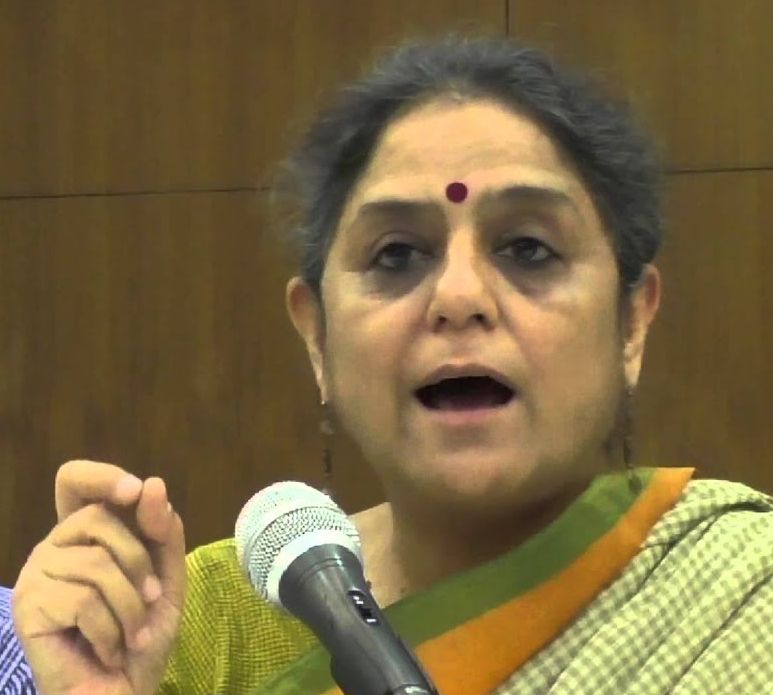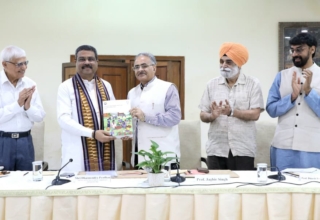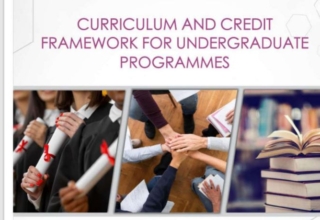
This year (2019) March, some 11 lakh unqualified teachers appointed prior to 2015 who are engaged in teaching work in schools as para teachers across the length and breadth of country have to become professionally qualified under the amended provisions of sub-section (1) of section 23 of the Right of Children to Free and Compulsory Education (RTE) Act, 2009. It was expected that on an average 61000 such teachers after training on SWAYAM moocs platform will obtain minimum teacher qualification every month. However, no data is available if that has happened and all these teachers will be able to meet the deadline under the RTE Act, which turns 10 this year.
Speaking at a stock-taking gathering of RTE activists in New Delhi on March 13, Prof Poonam Batra of the Central Institute of Education, University of Delhi said that role of teacher has been belittled and redefined in context of the misconstrued discourse around quality of school education in the country. “There are 35% teacher educator vacancies across the teacher education institutions even as there has no effort in setting up new ones. Big states like Uttar Pradesh, West Bengal, Bihar, and Chhattisgarh don’t even provide 1% education budget for teacher training and DIETs are stagnant at 5% contribution towards teacher training in country. There is no intent or commitment to implement RTE provisions as no mechanism has been evolved to address the complexity of the diverse challenges,” she added. She also questioned how a project like SSA which was the vehicle of RTE financing can become part of education departments under the samagra shiksha abhiyan.

Prof Batra, one of the very few authorities on teacher education and pedagogy in the country said that the discourse on school education has been led astray from real issues and it will serious consequences on the vision and thrust of national goals of education.
She said that instead of addressing the complex monitoring and governance to make RTE work, there has been an effort to take steam out of the legislation and therefore preserving the Act has itself become a challenge. “Niti Ayog has tried to change the very definition of Right to Education and made it right to learning with onus of learning on children. The perspective of quality (around outcomes) has diluted role of teachers. Learning environment, adequate number of teachers, teacher preparation and classroom processes have been given a go-by in this thinking. In other words, it amounts to saying that processes are outsourced as there are packages available in market for that,” she said while referring to shrinking role of academicians in decision process as the experts in advisory committees are people who either represent industry or have indirect links to them in a fast evolving market driven education.
Prof Batra also drew attention to ill fated CCE and explained how the concept and vision of CCE under RTE has ended unnoticed after no detention policy was made a state issue following the amendment. “CCE was in consonance with the provision of no detention and basis of a teacher-student relationship (Gurukul type) but with teachers role narrowed down to testing, students may go back to marks regimen,” she added.










